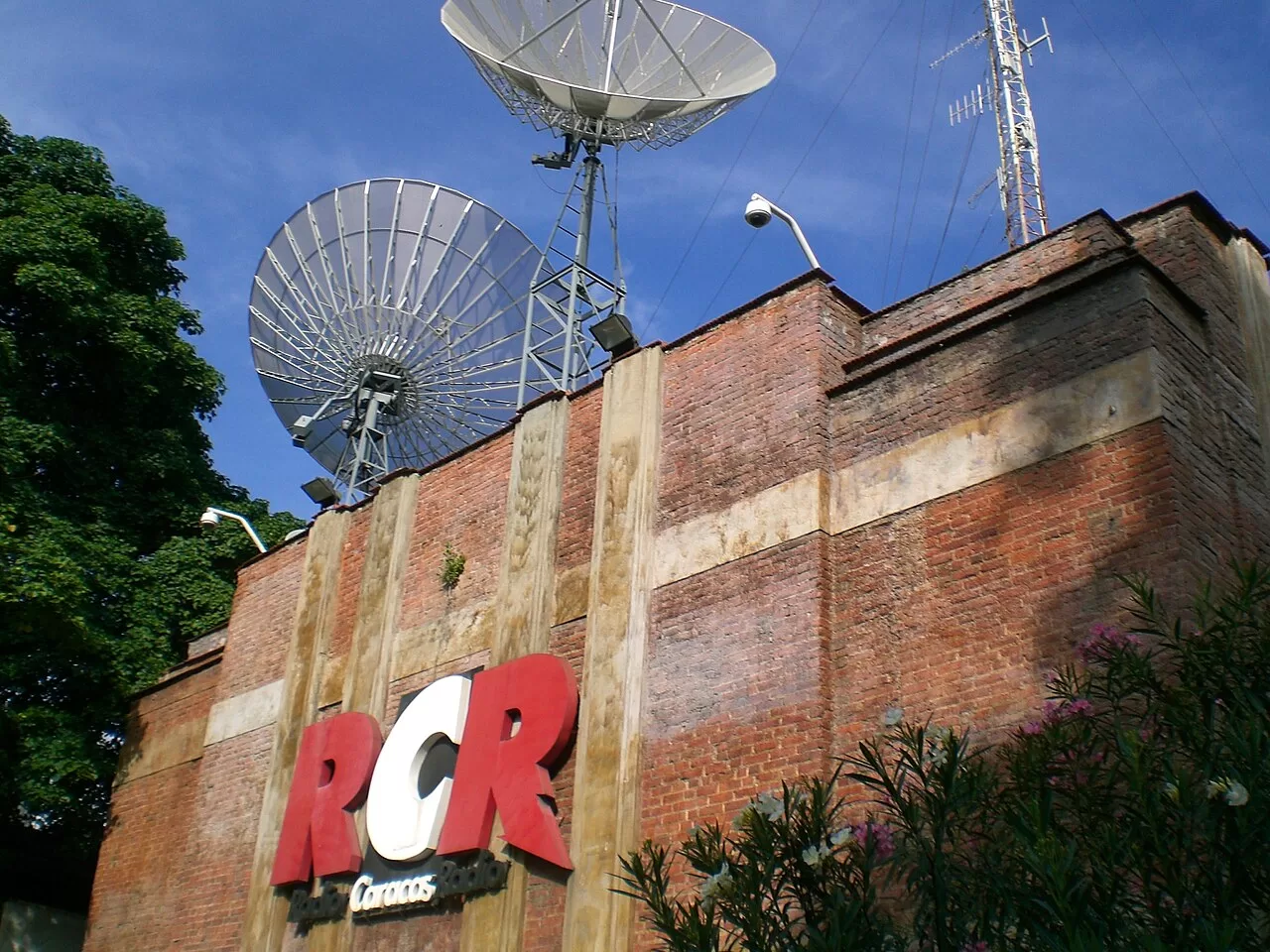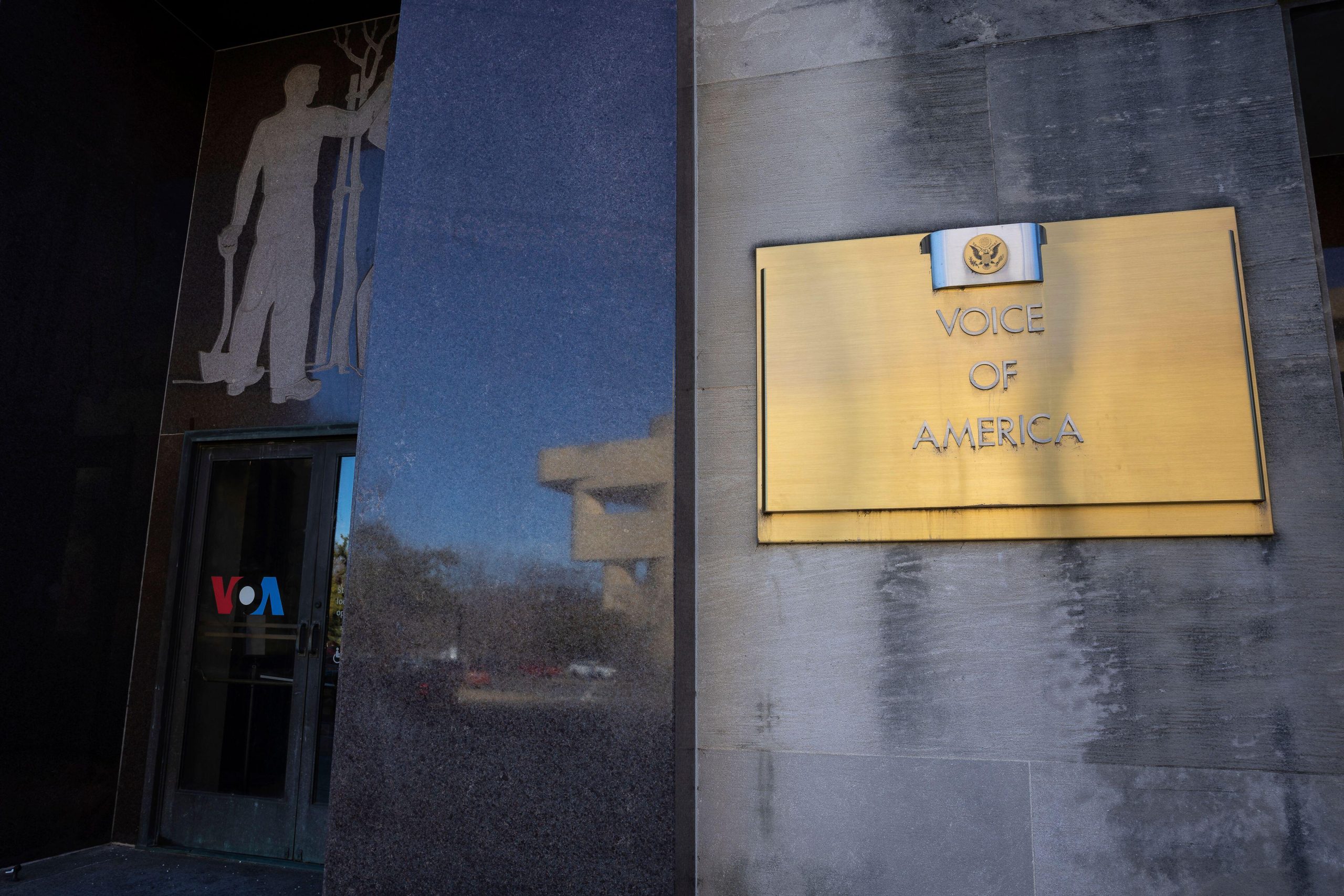Venezuelans will cast their vote for the country’s next leader next Sunday, choosing between a president who is dominating the public space but has not answered a reporter’s question since last year, and an opposition candidate who is all but barred from TV and radio and is relying on social media to spread his message.
The election on 28 July sees authoritarian president Nicolas Maduro squaring off against opposition candidate Edmundo Gonzalez, who is leading in the polls despite receiving almost no exposure on traditional media.
Instead, Gonzalez and his main backer, opposition leader Maria Corina Machado, have relied on Instagram and TikTok videos, as well as WhatsApp viral messages, to galvanise the democratic opposition ahead of the vote.
This week, Caracas is plastered with election banners showing a smiling Maduro projecting confidence for Venezuela’s future, but journalists hoping to travel to Venezuela to interview him are set for a letdown, as the authoritarian leader has not conceded an interview since December and several international media have seen their visa requests denied in recent days.
The country’s Ministry of Communication closed applications to cover the election on 19 April. Everyone entering the country to report without proper accreditation, or outside the dates granted by the ministry, is at risk of being deported.
Maduro’s weekly agenda is top secret for security reasons, which means most reporters who are already in Venezuela are not informed when the candidate is holding a rally and are kept away from the campaign.
Earlier this month, Reporters Without Borders called on Venezuelan authorities to allow local and international journalists to cover the election, especially since the government withdrew an invitation for EU electoral observers in June.
Yet, in the first week of the campaign Maduro has racked up over 1,400 minutes of airtime on Venezuela’s public television station, while none of the other candidates were covered for more than 15 minutes, the Spanish news agency EFE reported.
None of this is new for Venezuela, a country where almost 300 radio stations were shut down by the National Telecommunications Commission (CONATEL) in the last two decades on charges of operating clandestinely, according to the local NGO Espacio Público — it has been reported today that their site has been geoblocked.
Radio stations are particularly censored, critics claim, because in a country with chronic electricity and internet problems, they often represent the only information channel available to the most vulnerable sectors of the country, where government support is stronger.
“When Gonzalez announced his candidature a couple months ago, all international media started interviewing him, but did we? We can’t do that,” a radio journalist in Caracas told Index this week, asking for their identity to remain anonymous for fears of being fired if they denounced censorship in the workplace.
Government censors from CONATEL constantly monitor the airwaves searching for dissident content and send warnings to the radio station’s management if any programme is deemed too leaning against the government, the reporter told Index.
The current tension in the newsroom is reminiscent of another recent episode of political tension, when opposition leader Juan Guaidó mounted a constitutional challenge against Maduro by swearing himself in as interim president.
“Our programme was taken off the air back then when two guests, political analysts, both referred to the government as ‘the dictatorship of Nicolas Maduro,’” the reporter told Index.
“I remember it was a Friday, I left the office and went home. The following Sunday I was doing calls to plan the week ahead when our executive producer told me the programme was being cancelled. Management decided to take the show off the air because CONATEL had called in, complaining that nobody corrected the guests. I spent the following four months doing nothing before a new programme came around,” they said.
From that moment, all radio studios in this reporter’s organisation have installed an instruction document next to the main console, advising the programme’s director to correct any guest suggesting Maduro’s government is not legitimate.
In recent years, radio stations have diversified their coverage by allowing reporters to write more freely when posting online, where the government’s censors have a harder time controlling who’s behind problematic content.
This double standard, however, only makes the self-censorship on radio programmes even more evident.
“Online we made a profile of each candidate running in the election, we also did other opposition leaders… But on air? That’s not going to happen,” the reporter said.
Luz Mely Reyes, who co-founded online media Efecto Cocuyo in 2015 after decades working in print, told Index that none of this is new, saying: “Censorship in Venezuela is systemic, it runs deeper than the yoke on radio and TV stations.”
Despite escaping the jurisdiction of CONATEL’s censors, Venezuelans need a VPN to access Efecto Cocuyo’s URL, which is geoblocked by the government. Venezuelan companies are also wary of purchasing adverts on the website, fearful they might incur trouble with the government.
“Sometimes, security becomes a factor too. You end up asking yourself: is it worth it to send one of my reporters to cover this, or that? It’s not like they give you an order, they want to force you to self-censor your coverage,” Reyes told Index.
Still, both traditional and new media are finding new strategies to keep the lights on for free information in Venezuela.
“Silence in radio speaks volumes, sometimes, I just leave blanks in the radio report,” the anonymous radio reporter told Index. “I can’t say that this is an authoritarian regime, but I can give the latest malnutrition figures an organisation has shared, and in the end the audience can make up their mind.”
After a moment of pause, they sighed: “Being a journalist in Venezuela is frustrating: there are no opportunities, the pay is shit, and journalism itself is at risk… but what fuels me is the hope that, one day, things change.”






